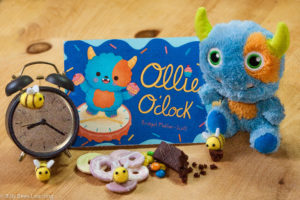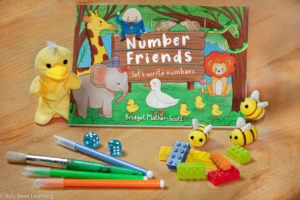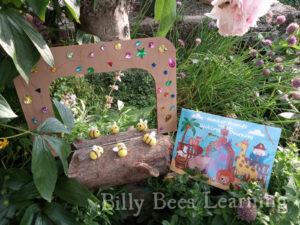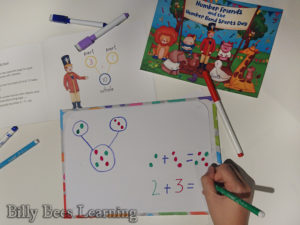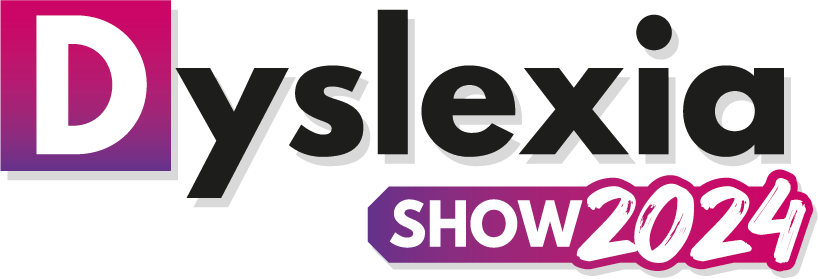Although children can be assessed for dyslexia from age 7 onwards, a formal diagnosis may not be made until years later. With research on dyscalculia years behind that of dyslexia, there are fewer qualified dyscalculia assessors and limited information on diagnosis.
My youngest child struggled during his first few years of school and was later diagnosed as having dyslexia. What struck me about this, is the fact that dyslexia or dyscalculia (or any unmet learning need for that matter) will be having an impact on a child’s learning but may not be picked up for years. To me, it feels unfair that children may be being left behind with their learning through no fault of their own, especially as assessments for dyslexia and dyscalculia are paid for privately and so aren’t always accessible.
During my teacher training and early career, I learnt how to teach phonics and could never understand why there wasn’t a similar approach for early maths. I decided to see if I could make a resource to help teach number formation and, what started out as a few doodles in my sketch pad, became my first book; “Number Friends – let’s write numbers”. I absolutely love the cross curricular approach to learning in the Early Years and wanted to reflect this in my book by including lots of ideas and activities to support further learning.
I’ve since created further books, each looking at an early maths concept and each using short stories, playful pictures, and suggestions for practical games, crafts, and activities to support learning.
I’m passionate that teaching should be done in a way that all children can access. I designed my books to encompass a range of learning styles and help children learn, regardless of whether they have a diagnosis of an additional learning need or not. I wanted all my books to be easy to use for teachers, parents, and children.
You can find out more on my website (billybeeslearning.co.uk), or search “Billy Bees Learning” on social media. My books are available to buy on my website and Amazon.
